Apple's $450 million settlement in its iBooks antitrust complaint was upheld by the 2nd U.S. Circuit Court of Appeals on Wednesday, but the payout remains dependent on a pending appeal to the Supreme Court.
Oklahoma resident John Bradley had appealed the $450 million agreement, questioning the "fairness, reasonableness, and adequacy" of the settlement. But in the decision handed down by the federal appeals court, Apple's conditional settlement was upheld.
Apple will pay $450 million to reimburse consumers and cover legal fees if the original ruling is upheld. But if a retrial is ordered, Apple will pay just $70 million, and nothing at all if the decision is overturned, as noted by Reuters.
Apple asked the U.S. Supreme Court to overturn the antitrust e-book verdict last October. The initial verdict was handed down by U.S. District Judge Denise Cote in 2013, who sided with the Justice Department and found that Apple conspired with publishers to artificially inflate e-book prices.
In Wednesday's decision, the 2nd U.S. Circuit Court quoted a lower District Court, which called Bradley a "professional objector." The court said the appeal was not made by someone who has "a stake in the enterprise in a way that a class member would."
For the launch of the iBookstore, Apple and book publishers opted to switch to a so-called "agency" pricing model, that allowed publishers to control the prices of books and prevented resellers like Amazon from undercutting those rates. The subsequent increase in e-book prices led the government to take action.
Since then, the agency has switched back to the "wholesale model" preferred by Amazon, which allows resellers to set prices, and sell titles at or below costs if they so choose.
The full decision from Wednesday is included below:
 Neil Hughes
Neil Hughes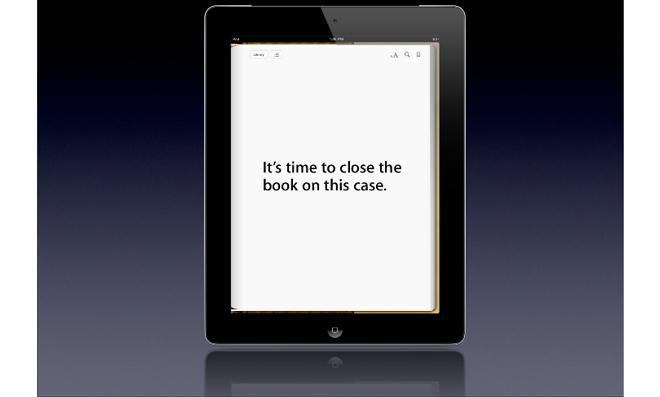




-m.jpg)


-m.jpg)





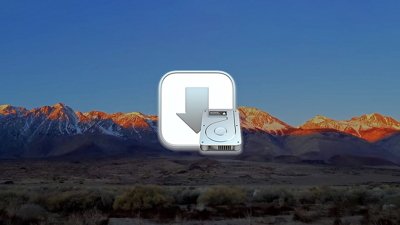
 Chip Loder
Chip Loder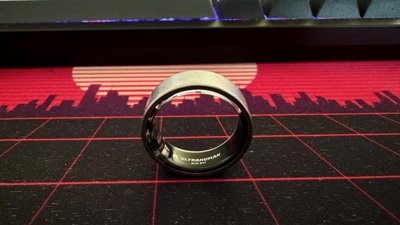
 Oliver Haslam
Oliver Haslam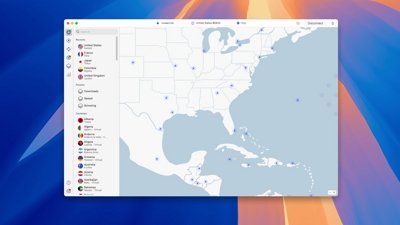
 Malcolm Owen
Malcolm Owen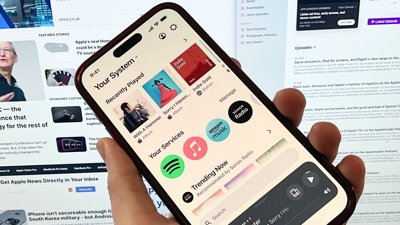
 William Gallagher
William Gallagher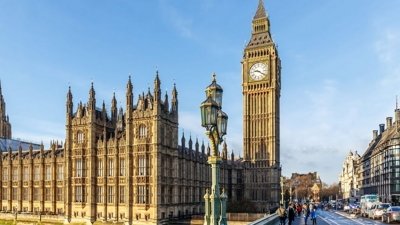
 Amber Neely
Amber Neely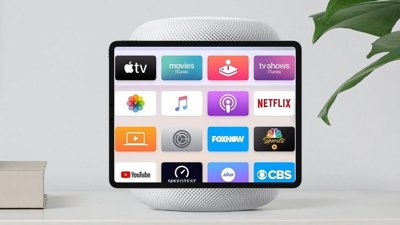
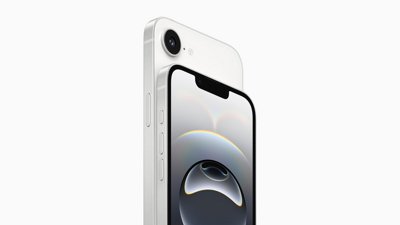
 Andrew Orr
Andrew Orr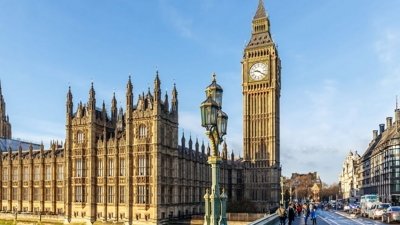








6 Comments
Well that's topical ... in so many ways!
So...anyone want to lay odds on how the SCOTUS voting will go?
How is it an anti-trust suit when Apple was going to allow the publishers to set their own prices?
Have you looked at the prices of e-books on Amazon lately. All this ruling did was enable Amazon. How about an anti-trust suit against Amazon?
My wife is a librarian. One of her duties is to order all the different types of digital books for her library. She brought to my attention the other day how expensive e-books had become on Amazon. Of course, she gets everything from a different source, so doesn't buy through Amazon.